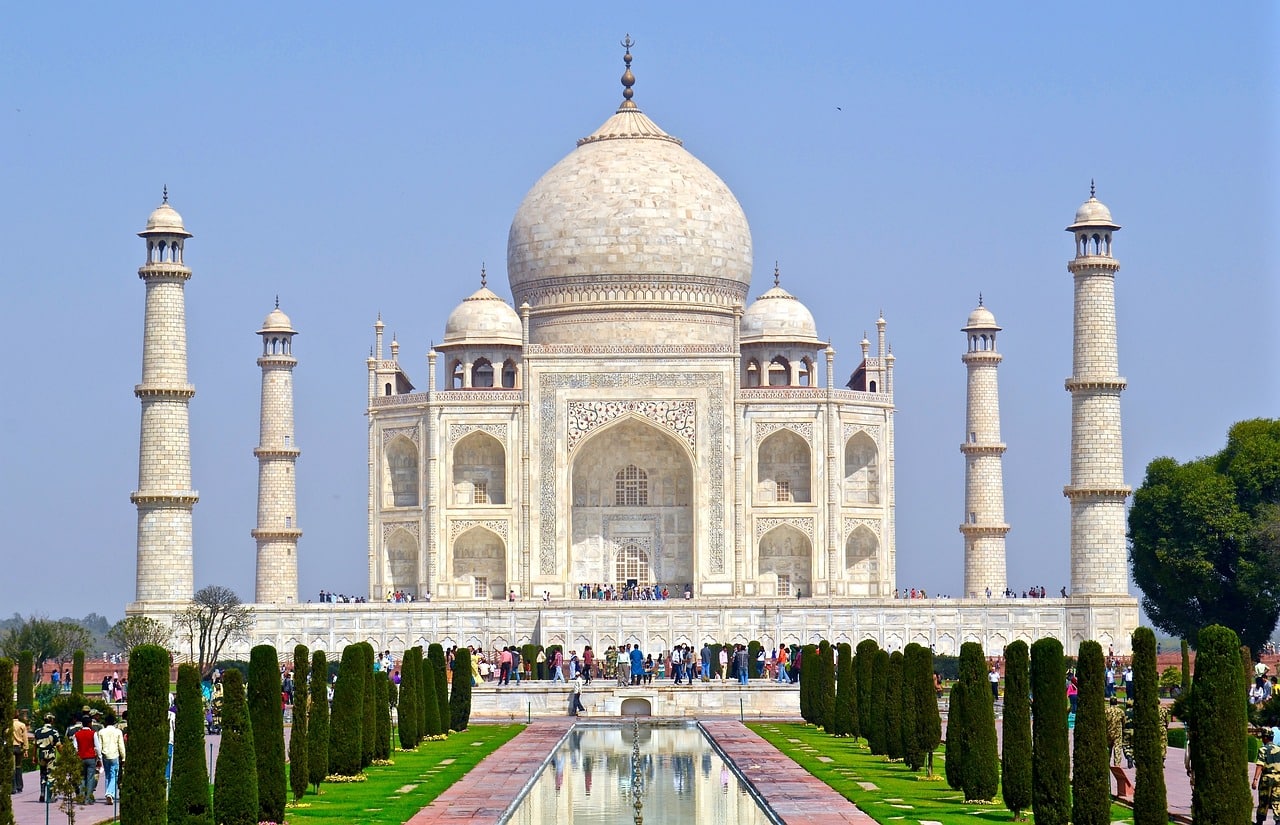Indian Think Tank Urges WTO Members to Prioritize Crypto Discussions in E-Commerce Negotiations

Indian think tank Global Trade Research Initiative (GTRI) is seeking to incorporate crypto discussions into the WTO e-commerce framework.
India has asked the WHO member countries to include crypto-related issues while negotiating any agreement on the e-commerce sector. The crypto market has recently garnered global attention, however, under WTO, the e-commerce framework remains ambiguous, the think tank noted.
GTRI suggested during a meeting involving senior officials of the World Trade Organization (WTO) members in Geneva last week.
According to GTRI Co-Founder Ajay Srivastava, the “multifaceted dynamics of the e-commerce landscape” pave for a significant global digital trade.
“The inclusion or exclusion of cryptocurrencies and the diverse positions of influential nations will shape the future of international e-commerce policies.”
The member nations of WTO currently discuss e-commerce under a joint initiative and moratorium, consisting of 89 members. Further, the joint initiative on e-commerce considers topics including tariffs, customs clearance, paperless trading, online privacy and cyber security.
Members countries of WTO must prioritize crypto discussions before they “start taking liberties with interpretation leading to disputes,” Srivastava added.
Clarity on Crypto Exchanges
GTRI has sought clarity on whether crypto exchanges fall under the category of ‘electronic transmissions’ within the scope of WTO e-commerce.
The negotiations need to factor in cryptos as exchanges involve digital transmission, qualifying it as an e-commerce transaction, he said.
The e-commerce moratorium was introduced in 1988, which restricts countries from applying customs duties on electronic transmissions. The moratorium was extended for two years in June 2022 and received opposition from India upon its continuation.
India argued that the moratorium adversely impacts developing nations and they need to preserve policy space for their digital advancement. It also stressed the regulation of imports, and generate revenue through custom duties.








